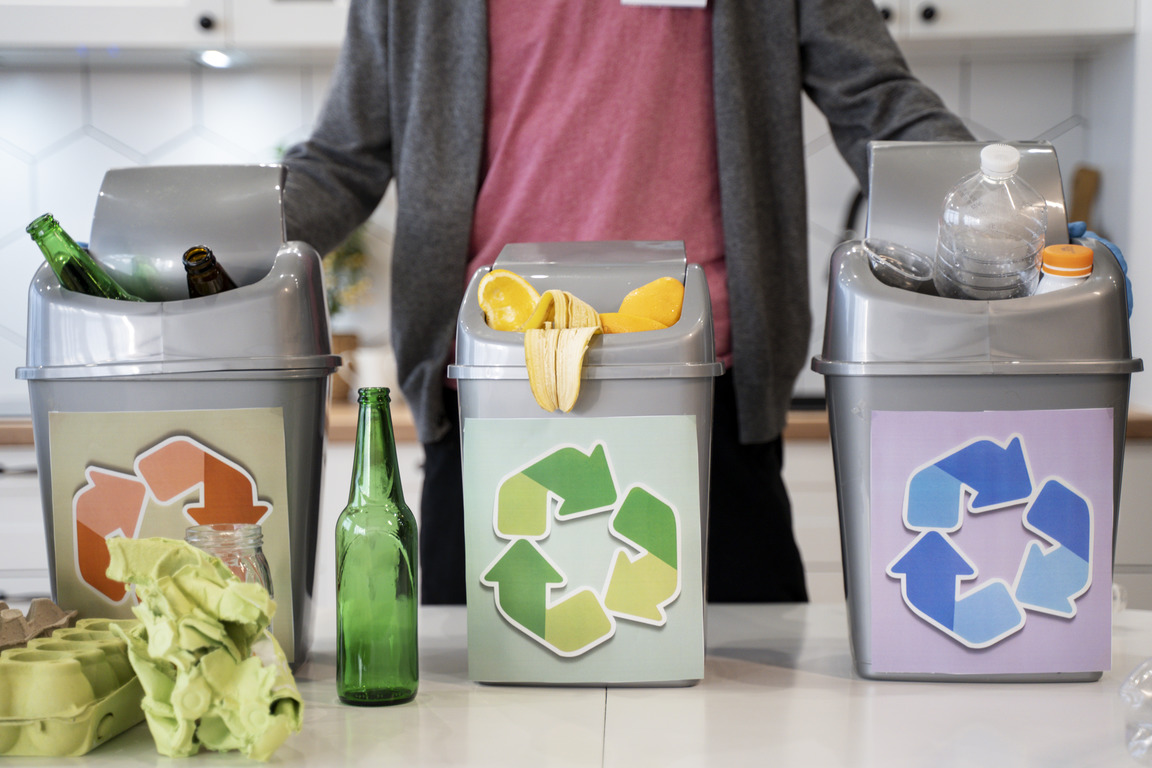
Reducing Restaurant Waste: Tips for Eco-friendly Management
In Singapore, a city famed for its vibrant culinary scene. The issue of restaurant waste is becoming increasingly important. With the Singapore food rescue movement gaining momentum. It's crucial for restaurants to adopt eco-friendly practices. This post gives easy tips for restaurant owners in Singapore to cut down waste and help the environment.
Understanding the Impact of Restaurant Waste
The first step in reducing waste is understanding its impact. In Singapore, where dining out is a popular lifestyle choice. Restaurants generate a significant amount of waste daily. This includes food scraps, packaging materials, and unused ingredients. The disposal of this waste not only contributes to landfills. But also to greenhouse gas emissions. It's not just about the waste; it's about the broader environmental footprint.
Restaurants have the potential to make a substantial impact in waste reduction. By adopting sustainable practices. They can set an example for the industry and the community. It’s more than a business practice; it’s a commitment to environmental stewardship.
Implementing Food Waste Reduction Strategies
The most direct way to reduce waste is to tackle food waste. Start by monitoring the amount of waste your restaurant produces. Track what gets thrown away to identify patterns and areas for improvement. In Singapore, where food is a central part of the culture. Minimizing food waste is not only environmentally responsible. But also respects the value of food.
Menu planning is key. Design your menu to maximize ingredient usage and minimize leftovers. Use versatile ingredients that can be used in multiple dishes. Think about getting smaller deliveries more often to keep ingredients fresh and cut down on waste. It’s not just menu creation; it’s strategic planning.
Efficient Use of Resources and Energy
Efficient resource and energy use is another crucial aspect of eco-friendly restaurant management. This includes conserving water, electricity, and other resources. In Singapore, where resources are precious, every effort to conserve them counts. Simple steps like fixing leaks, using energy-saving appliances, and turning off machines when not needed can really help. It’s not just conservation; it’s smart management.
Encourage your staff to be mindful of their resource usage. Training them in sustainable practices reinforces a culture of conservation within your team. It’s not just an individual effort; it’s a team endeavor.
Eco-friendly Packaging and Disposables
With the rise of takeout and delivery services in Singapore. The use of eco-friendly packaging becomes increasingly important. Choose packaging that breaks down naturally and ask customers to bring their containers. Cutting down on single-use plastics is a big step to a greener business
Replace throw-away items like straws and utensils in the restaurant with ones you can reuse or that are better for the environment. Every small change contributes to a larger impact. It’s not just about the materials; it’s about the message it sends.
Engaging in the Singapore Food Rescue Movement
Participation in the Singapore food rescue movement is a proactive way for restaurants to handle surplus food. Partner with local food rescue organizations to donate unsold but safe-to-eat food. This not only helps in reducing waste but also supports the community. It’s not just a donation; it’s a partnership for a cause.
This involvement can extend to educating customers about food waste and promoting a culture of sustainability. It’s about leading by example and inspiring change in consumer behavior. It’s not just running a restaurant; it’s being a part of a community movement.
A Sustainable Future for Restaurants
Adopting eco-friendly waste management practices is essential for restaurants in Singapore. By reducing waste, conserving resources, and participating in food rescue efforts. Restaurants can significantly contribute to environmental sustainability. It’s more than a business practice. It’s a step towards a greener, more sustainable future for the culinary industry and the city as a whole.
